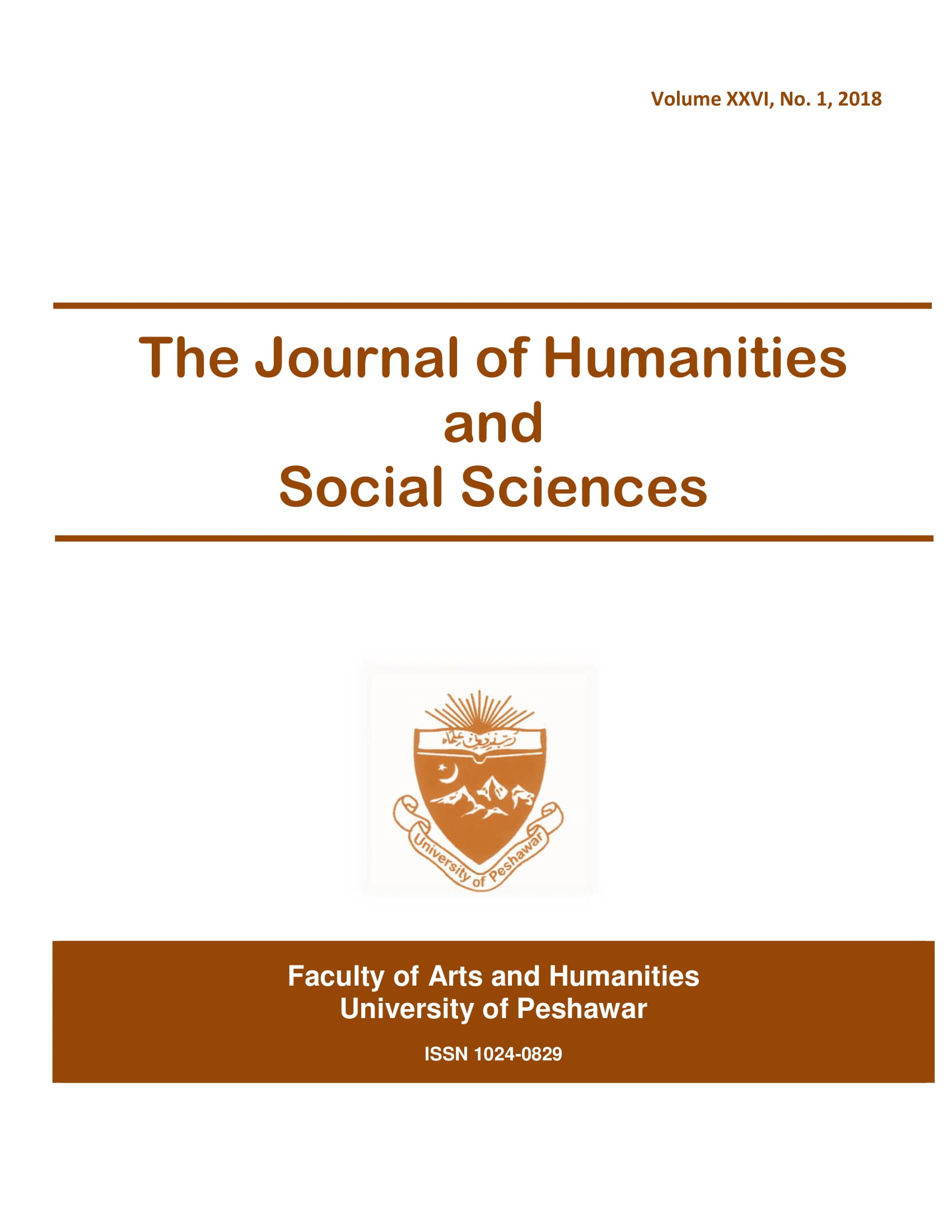Différance, Erasure and Edward Albee’s The American Dream (1961)
Keywords:
American Dream, Derrida, Différance, Erasure, Alienation, Indifference, ChaosAbstract
The main objective of this paper is to deconstruct the idea / philosophy of American Dream through a critical examination of Edward Albee’s play The American Dream (1961). The said text is explored through the lens of two deconstructive terms i.e. Différance and Erasure from Jacques Derrida’s theory of Deconstruction. The purpose is to expose in elaboration the ugliness and disintegration of American society and Individual. It is argued that Edward Albee’s The American Dream (1961), as a postmodern American play, divulges the deplorable condition of American society which finds its reflection in materialism, as well as in social and moral alienation. The purpose of applying Derridean Deconstructive terms is to analyze different aspects of language used by Albee to highlight not only the social but also the psychological issues of the American people.

Downloads
Published
How to Cite
Issue
Section
License

This work is licensed under a Creative Commons Attribution-NonCommercial 4.0 International License.

